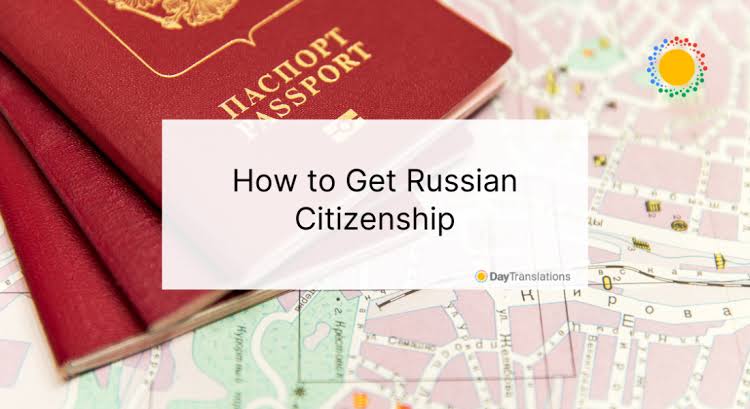
Obtaining Russian citizenship based on ancestral ties can be a complex process, particularly when tracing lineage back to a time as far as 1914. If your grandfather was born in Moscow in that year, you might have a pathway to citizenship, but it requires navigating several legal and bureaucratic steps.
First, it’s important to understand the legal framework governing Russian citizenship. Russian law permits individuals with Russian heritage to apply for citizenship, but the criteria and procedures have evolved over time. One relevant law is the Federal Law on Citizenship of the Russian Federation, which has provisions for individuals who can prove Russian ancestry.
To pursue citizenship, you’ll need to gather substantial documentation. This includes your grandfather’s birth certificate, proof of his Russian citizenship, and evidence of your direct descent. Additionally, you may need to provide documents such as your birth certificate, your parents’ birth certificates, and any other records that establish your lineage.
The process involves submitting these documents to the Russian consulate or embassy in your country of residence. They will assess whether you meet the requirements based on the laws in effect during the relevant periods. Given the historical context—your grandfather’s birth predates the formation of the Soviet Union and its subsequent dissolution—legal nuances and historical changes must be carefully considered.
It’s also beneficial to consult with a legal expert specializing in Russian citizenship or immigration law. They can provide detailed guidance and help navigate the complexities of historical documentation and changing regulations.
While the journey to obtaining Russian citizenship based on your grandfather’s 1914 birth in Moscow is feasible, it requires thorough preparation and adherence to legal processes. With the right documentation and professional assistance, you can explore this potential pathway to Russian citizenship.


